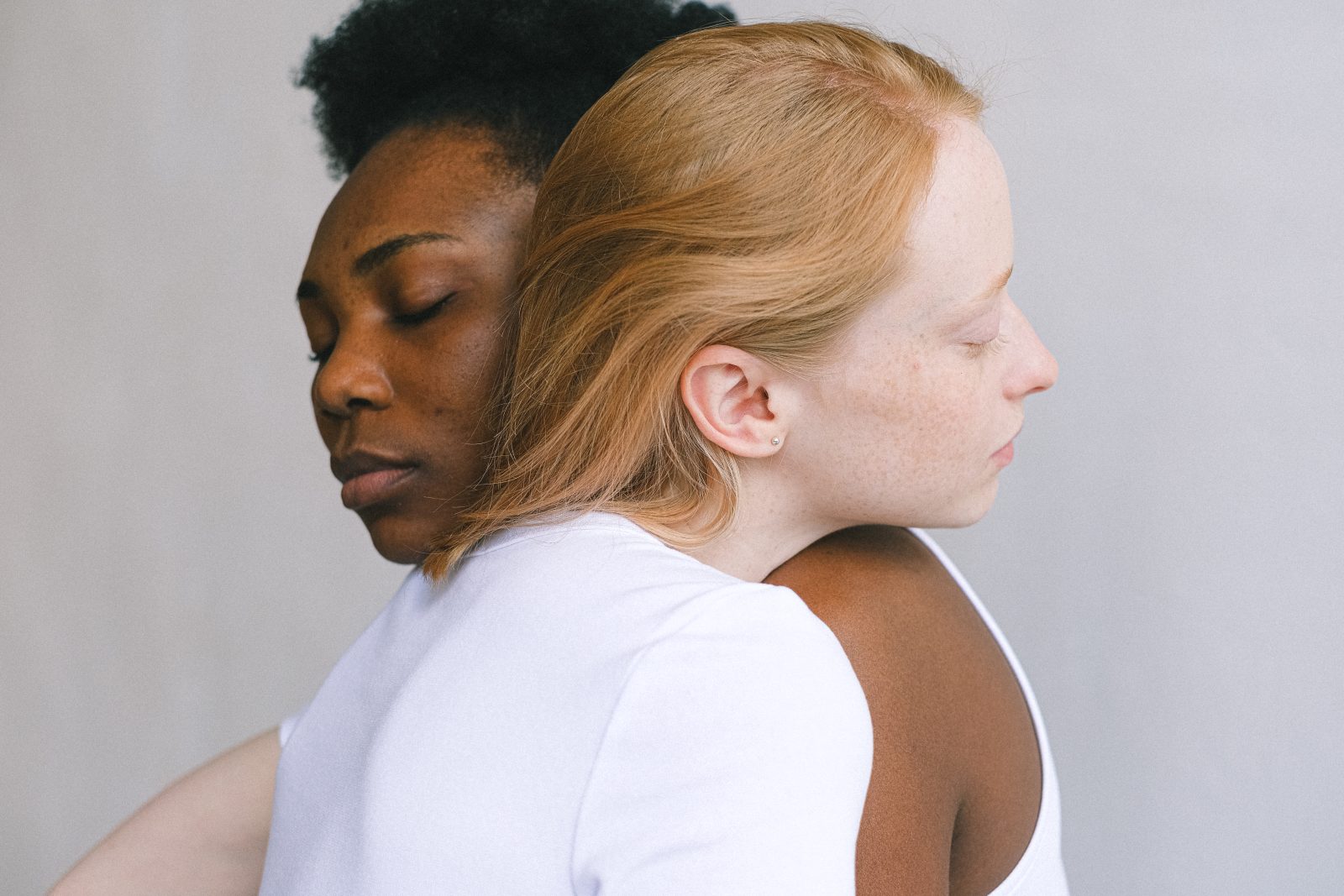
Many people turn to alcohol to manage stress, sadness, and other mental health issues. But did you know that alcohol can actually be detrimental to your mental health? In this blog post, we’ll explore the connection between alcohol and mental health to better understand why drinking excessively can be harmful.
The Effects of Alcohol on Mental Health
Alcohol is a depressant, which means it slows down the body’s nervous system. When consumed in large quantities, alcohol can have a significant impact on your mood and behavior. It can make you feel more anxious, stressed out, or even depressed. It can also increase your risk of developing anxiety and depressive disorders in the long term. Drinking heavily over an extended period of time can also lead to memory problems and difficulty concentrating.
Additionally, drinking too much can interfere with your ability to get good sleep. Poor quality sleep is linked to a variety of negative effects on mental health, such as decreased concentration and increased risk for depression and anxiety disorders. Finally, drinking excessively increases your risk of developing addiction or substance abuse issues, which can seriously affect your mental health.
Alcohol as Self-Medication
Many individuals choose to drink to self-medicate their mental health problems without realizing how risky this approach can be. While it’s true that some people may find relief from their symptoms after having a few drinks, this sense of well-being is often short-lived—in fact, studies have found that heavy drinking can actually increase feelings of depression in the long run. That being said, if you do choose to drink while dealing with mental health issues, it’s important not to overindulge; drinking in moderation is key here. If your drinking has become problematic, then seeking professional help is recommended.
The Role of Moderation
It’s important to recognize that moderate drinking—defined as 1-2 drinks per day—is not associated with any significant risks regarding mental health outcomes. In fact, there is some evidence that suggests moderate drinking may even provide some protective benefits, such as reducing stress levels and improving overall well-being. However, if you find yourself turning to alcohol more often than not in order to cope with life’s challenges or you find yourself unable to stop once you start drinking (even though you want to), then it’s important that you reach out for help right away before things get worse.
Alcohol Abuse
Alcohol abuse can also lead to serious mental health problems. Not only does drinking excessively interfere with your physical health, but it can also affect your emotional well-being as well. Excessive drinking can lead to a wide range of psychological issues, such as depression, anxiety, relationship problems, low self-esteem, impaired concentration, and memory loss. Over time these issues can become more severe if left untreated.
Treatment Options
If you or someone you know is struggling with an addiction to alcohol or any other substance, it is important to seek help immediately. There are many different treatment options available depending on the severity of the problem and type of addiction. Some treatment options include individual counseling sessions with a therapist or counselor, group therapy sessions with peers who may be dealing with similar issues, inpatient rehabilitation programs at specialized facilities, and 12-step programs like Alcoholics Anonymous, which provide support from others who have gone through similar experiences.
While moderate amounts of alcohol are generally safe when consumed responsibly, excessive amounts of alcohol can be very damaging to mental health outcomes. If you think that your drinking habits may be negatively affecting your mental health or if you feel like you cannot control how much or how often you drink, then it’s important that you seek professional help immediately so that you can start taking steps toward bettering your well-being today.
The post Alcohol and Mental Health Connection appeared first on Digital Online Fashion Magazine | Free Fashion Magazine | Best Lifestyle Blog.
0 Commentaires